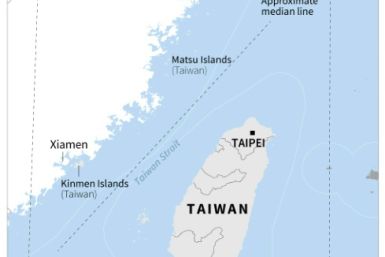Coles Sales for December Quarter Hits $9.4 Billion
The battle between retail giants Coles and Woolworths went up a higher level beyond grocery aisles into company books. On Thursday, Coles reported a 6.7 per cent hike in its December quarter sales which hit $9.4 billion.
The disclosure of the quarter results came on the same week that Coles attempted to gain a larger share of the retail market by offering a 50 per cent discount on some vegetables and fruits.
The strategy of matching Woolworths' low prices, along with record-breaking Christmas sales, closed in the gap between the two rivals. Woolworths this week reported second-quarter sales of $9.87 billion which represents a 4.1 per cent growth.
The two retailers claimed that their market share went up in the preceding quarter.
Coles Chief Executive Officer Richard Goyder said it was the 14th consecutive quarter of comparable store sales growth which was spread across all of Coles' businesses amid a tough retail environment and deflation in fresh produce price.
In the last quarter, deflation in fresh produce and price cuts across food and liquor resulted in a deflation rate of 2.4 per cent for Coles and 4.1 per cent for Woolworths.
"The magnitude of deflation reflects the intensity of the price war between the Coles and Woolworths and implies a very significant rise in volumes to Coles," The Sydney Morning Herald quoted City Index analyst Peter Esho.
"On these numbers, Coles is no doubt winning customers from its main rival," he added.
The 6.7 per cent increase in sales for Coles was due to a 3.7 per cent hike in food and liquor sales, 16.3 per cent jump in fuel and convenience stores sales and 5.5 per cent increase in home improvement and office supplies sales.
However, revenue at Target declined 3.1 per cent to $1.3 billion and Kmart sales dipped 2.2 per cent to $1.4 billion.
Citigroup analyst Craig Woolford said that Coles is benefitting from its strong marketing messages, promotional strategies and ongoing store improvements. He added that the Wesfarmers' retailer is expected to continue outperforming competitor Woolworths.
Fresh produce organizations have protested the deep discounts offered by the two retail giants for putting at risk the long-term viability of Australia's agriculture sector over short-term benefits to consumers.






